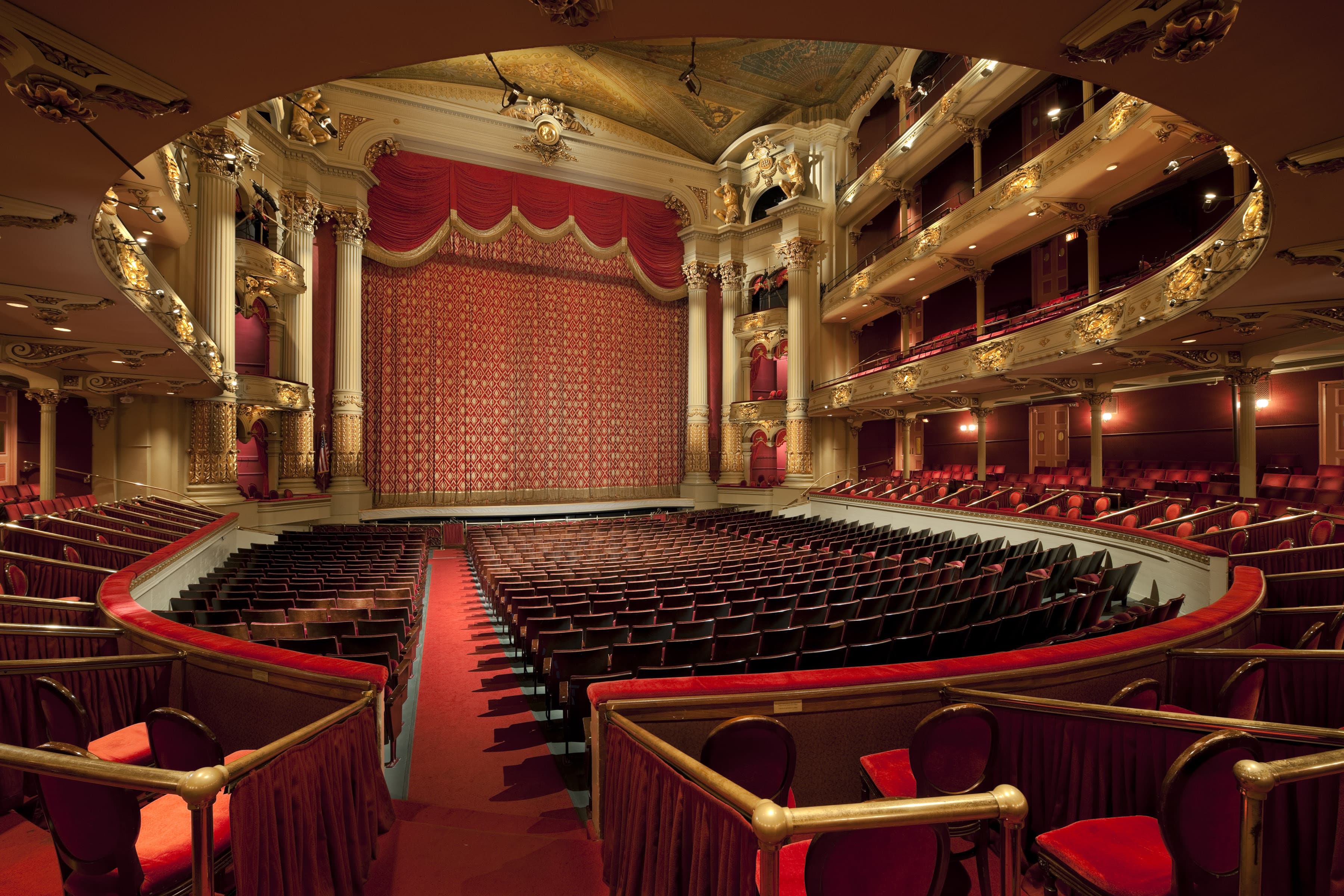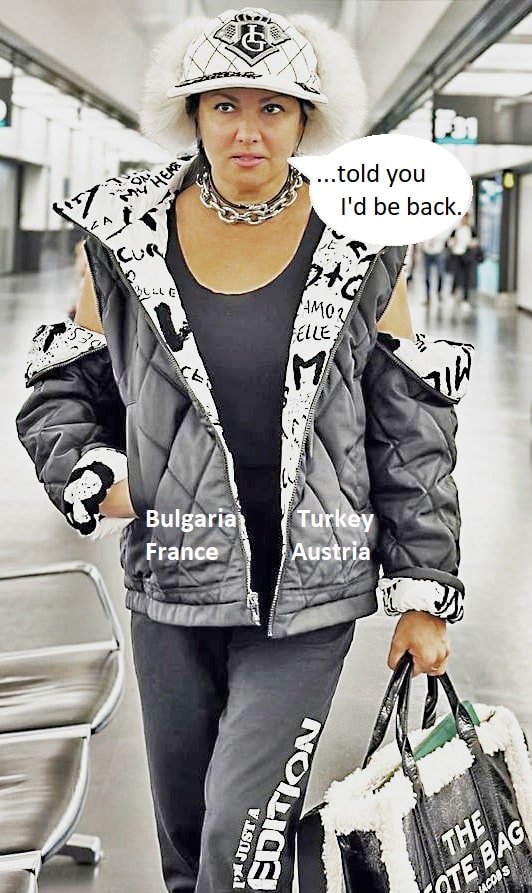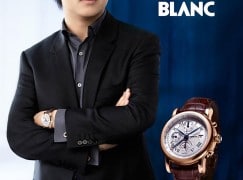Just in: Constanzo offers all Philly Opera seats for $11
Operapress release:
Anthony Roth Costanzo, the star countertenor who took the helm as General Director and President of Opera Philadelphia on June 1, announced today that all tickets for every performance in the 2024-2025 Season will be available for $11, or a higher price of your choosing, as part of a new initiative called Pick Your Price. The pioneering ticket program, the first of its kind initiated by a major American opera company, represents a radical shift aimed at bringing opera to more people.
“Price can be a big barrier to entry at the opera, and ticket sales are a metric that too often determines how we program, how we engage, and how we market. If we are worried about making sure we sell expensive tickets, it limits the possibility of who we reach and what we make.” Costanzo said. “Pick Your Price invites everyone to connect with Opera Philadelphia at a price that works for them.”






Comments